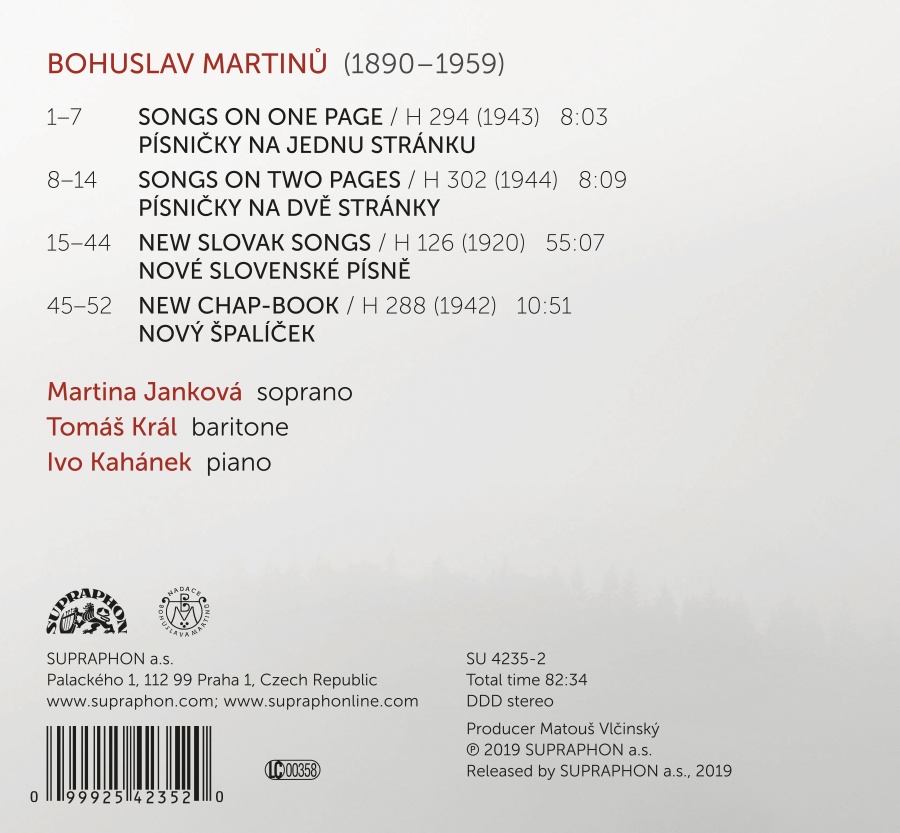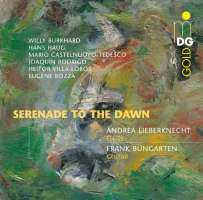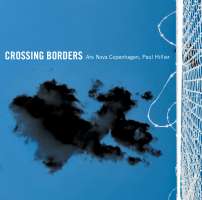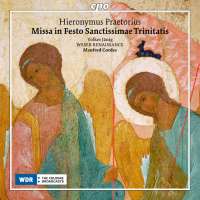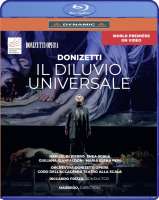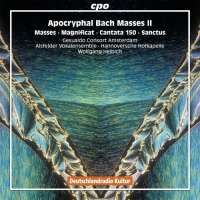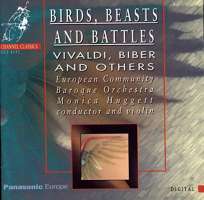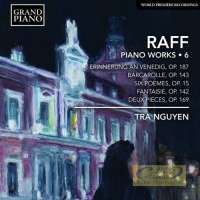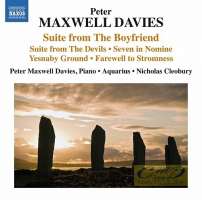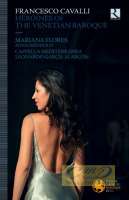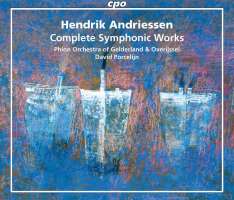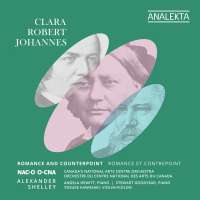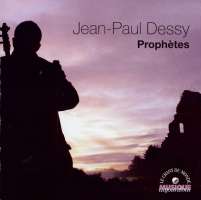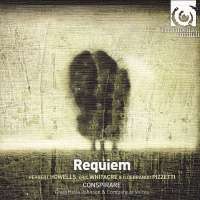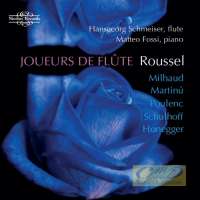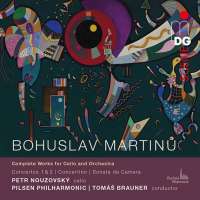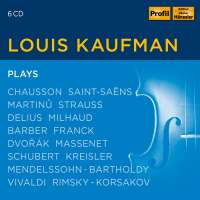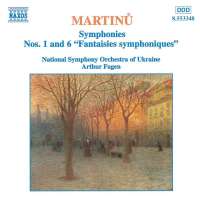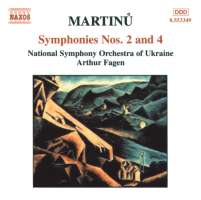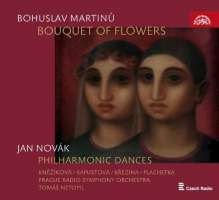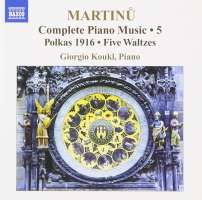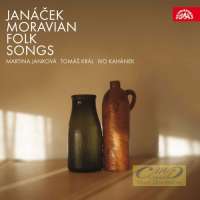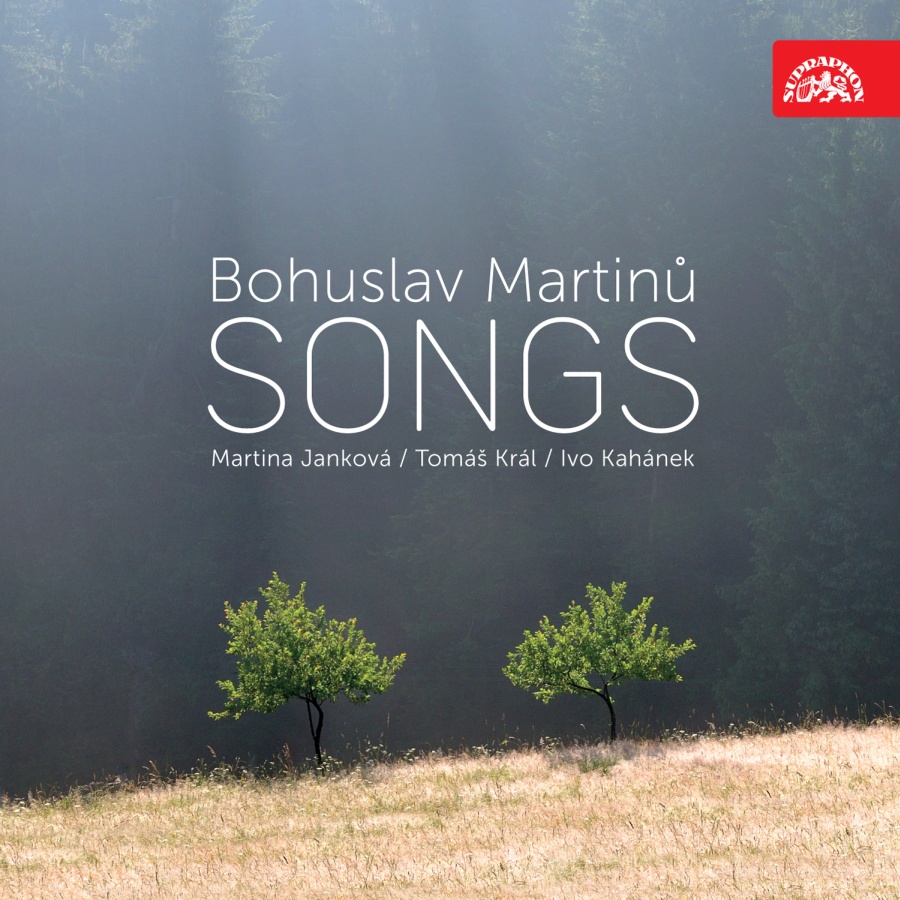
kompozytor
Martinu, Bohuslav
tytuł
Martinů: Songs
wykonawcy
Janková, Martina;
Král, Tomáš;
Kahánek, Ivo
Král, Tomáš;
Kahánek, Ivo
nr katalogowy
SU 4235-2
opis
Folk songs are evidently one of the seminal sources of inspiration that Bohuslav Martinů drew upon in his music. The composer would take Sušil's extensive collection of traditional Moravian songs along with him wherever he travelled. The texts from the volume were used for the majority of the Songs on One Page, Songs on Two Pages and The New Chapbook. Just as Dvořák had done in his Moravian Duets, so Martinů conceived his own tunes and accompaniment, yet his having been profoundly impacted by folk music, its rhythm, melody and harmonic techniques is palpable. Created in the early 1940s, in the middle of World War II, during the composer's exile in the USA, the three song cycles represented for Martinů and his compatriots a connection with their beleaguered homeland. Jan Masaryk, a Czech diplomat and a skilled amateur pianist, often performed the songs together with the soprano Jarmila Novotná, a MET soloist. Owing to their elliptical expression and modesty, the three cycles may serve as the clue to Martinů's late works. The New Slovak Songs constitute a unique piece in the composer's oeuvre; he himself had collected them during his visit to Slovakia in 1920 and subsequently wrote for them piano accompaniments. Three renowned artists, bearing an authentic relation to folk music and Martinů's work alike, have made a benchmark recording, in which they have succeeded in highlighting the songs' tender beauty. • Bohuslav Martinů's songs - magnificent tiny pieces by a great master.
nośnik
CD
gatunek
Muzyka klasyczna
producent
Supraphon
data wydania
30-09-2019
EAN / kod kreskowy
099925423520
Produkt nagrodzony:
Diapason d’Or (2019)
ICMA 'Nominee' (2019)

(Produkt nie został jeszcze oceniony)
cena 75,00 zł
lubProdukt na zamówienie
Wysyłka ustalana indywidualnie.
Darmowa wysyłka dla zamówień powyżej 300 zł!
Darmowy kurier dla zamówień powyżej 500 zł!
sprawdź koszty wysyłki